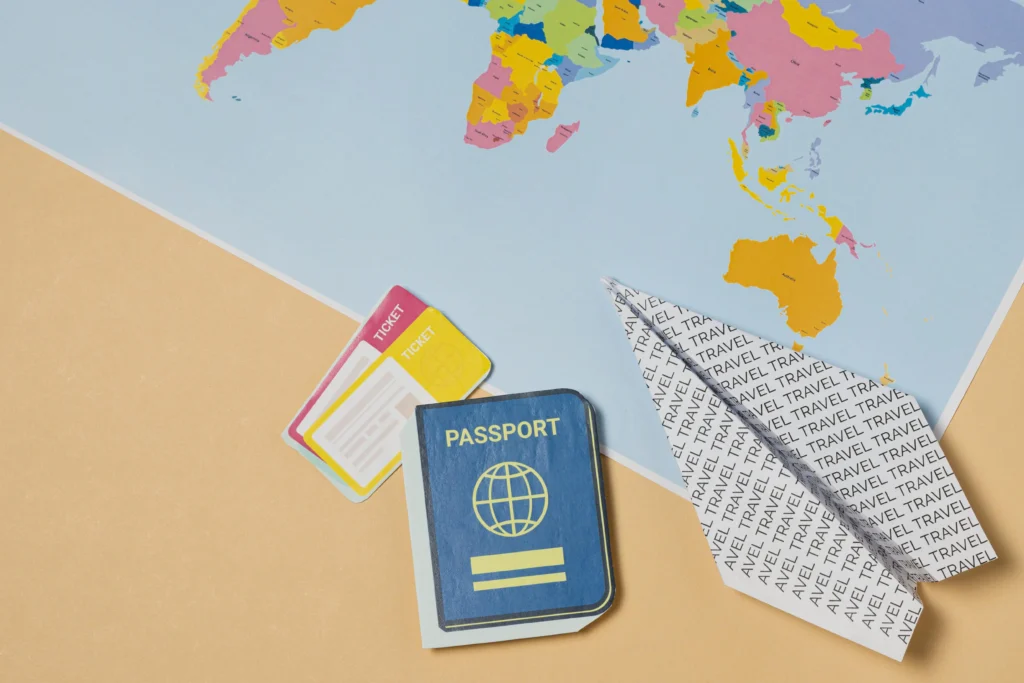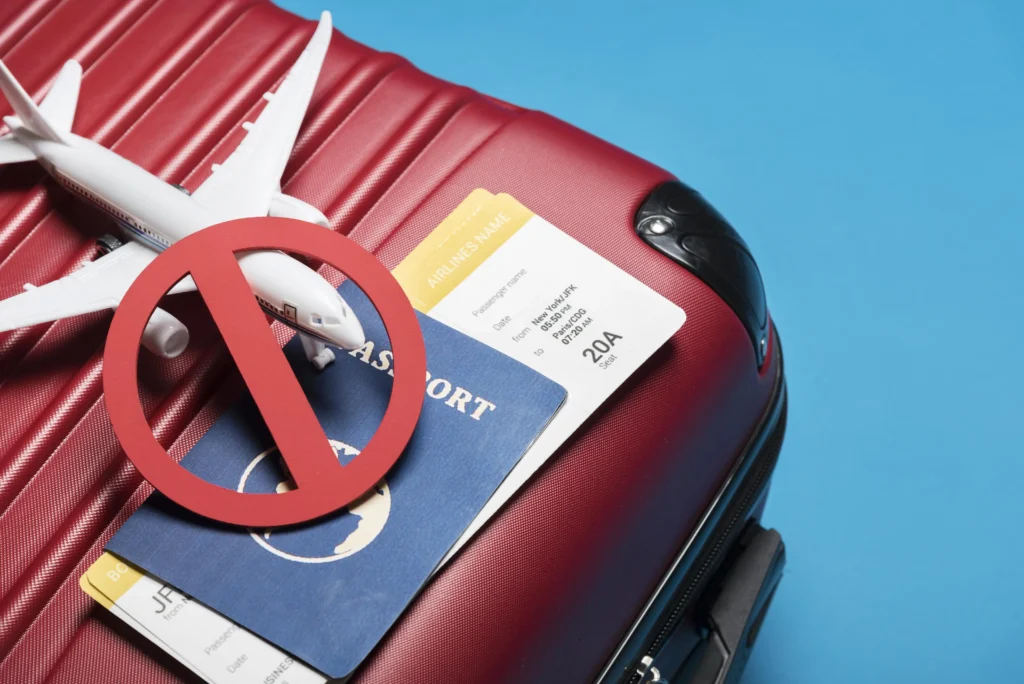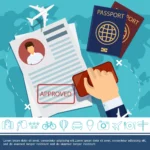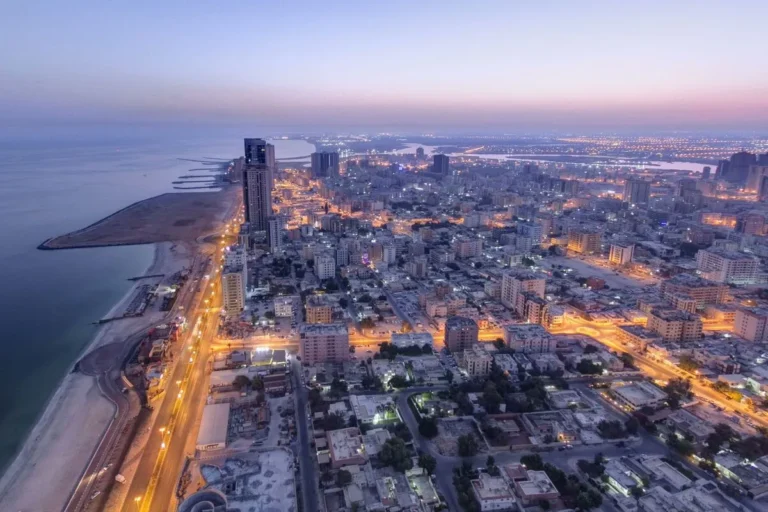September 22, 2025 | Dubai, UAE: The city has declared a temporary suspension of tourist and work visa applications from over nine nations, starting immediately, and will continue until further notice. This declaration supplements the 2026 UAE visa ban, influencing immigrants from Uganda, Sudan, Somalia, Cameroon, Libya, Afghanistan, Yemen, Lebanon, and Bangladesh. Under this new change, no new visas will be issued to the countries mentioned, but individuals who already hold valid UAE visas are not affected by this ban.
Reason For The Suspension of Tourist and Work Visa Applications
Although the city’s authorities have not issued an official statement regarding the 2026 UAE visa ban, the probable reasons could be safety, political diplomacy, and health concerns.
- Safety Concern
The city has safety-related issues, such as fraudulent activities, which have been the primary cause of the suspension.
- Health Concern
Expert analysts state that there are remnants of the COVID-19 virus, especially from migrants who travel from countries where the health sector and its intermediaries might not be thoroughly developed.
- Managing Immigration
The city has redefined its official immigration procedure due to inconsistent migration and the unavailability of suitable documents for visa applicants.

Additionally, experts believe that strict visa plans may also align with the comprehensive efforts to digitalize paperwork systems and decrease identity fraud across the region.
People Affected and What This Means For the Future
The countries under this ban include nations from all over Africa, such as Uganda, Sudan, Somalia, Cameroon, and Libya, South and Western Asia, such as Afghanistan, Yemen, Lebanon, and Bangladesh.
This humongous geographic scope reflects how immigration policies can be influenced by global rather than regional concerns, extending beyond bilateral ties to wider international security and governance priorities.
Key Implications
- Nationals from these nations are not allowed to submit new tourist or work visa applications for the city until the ban is lifted.
- Individuals who already hold visas in the UAE from these countries will not be affected and can continue to live, enter, and work in the UAE with valid visas.
- Staffing agencies, companies, and diplomatic agencies are waiting for an official statement. No duration has yet been confirmed for when this suspension will continue, according to the rules.
Responses, Challenges, and Probable Results
Many official authorities and individuals from the banned countries have shown grave concern regarding the 2026 UAE visa ban. Immigrants who came to the city to look for prospective jobs, students looking to study abroad, or travel enthusiasts who wanted to visit the city now face a ban.

Challenges include obstruction to work and tourism, monetary aspects for those who rely on remittances, and political relations between the UAE and other countries. Some believe that this ban might not be permanent. If the city sees changes in visa procedures, political conversations, or regarding the health architecture, this suspension could face annihilation. Meanwhile, the individuals now need to look for other destinations or pre-plan for visa processing.
The 2026 UAE visa ban on tourist and work visa applications from more than nine nations reflects the UAE’s most stern policy procedure in recent immigration history. While safety, diplomacy, and health concerns are predicted as the primary reasons, the ban’s lingering nature leaves many in a spiralling thought. Individuals who were already residing in the UAE with authorized visas are allowed, but individuals who want to visit are barred under the new regulations.

The outcome of this decision will reveal its true colors in the upcoming weeks as authorities, institutions, and individuals incorporate these new changes. Meanwhile, the city’s next steps might include lifting the ban, deciding the timeline, or discussing the nature of this ban, which would be decided by the authorities.
Also Read: UAE Visa Ban for Ugandans: Latest Visa Rule for Ugandans Means for Workers and Families














